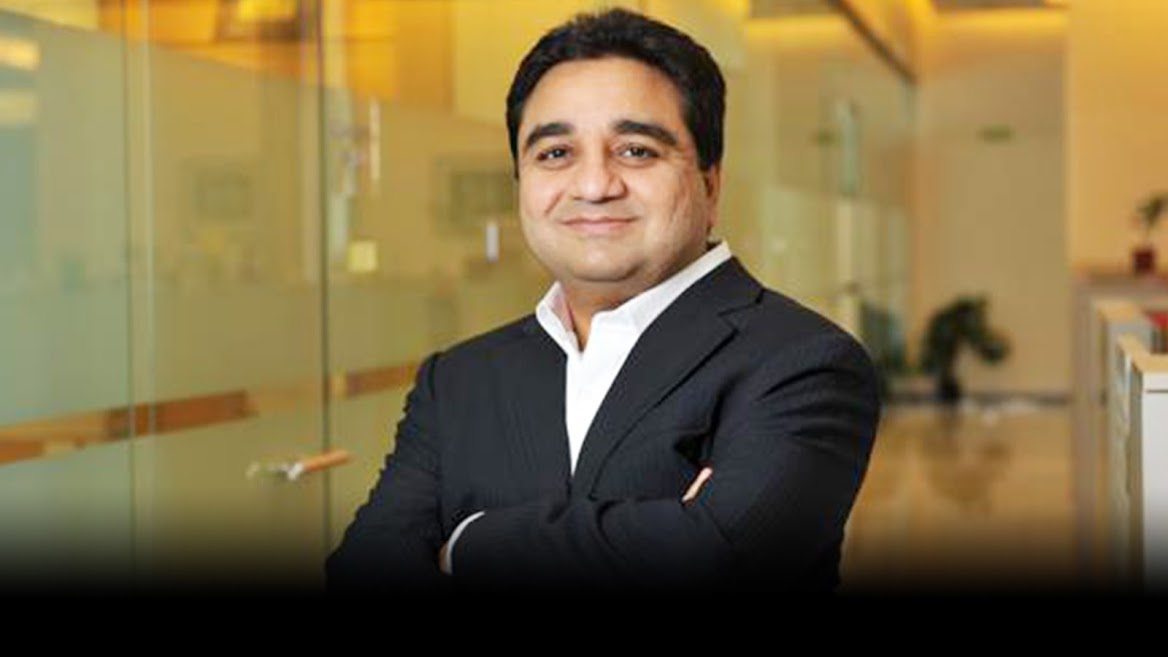 CLOUD
CLOUD
 CLOUD
CLOUD
 CLOUD
CLOUD
When Vodafone India and Idea Cellular merged in 2018, the two firms quickly arrived at a mutual goal. The plan was to link more than 100 data centers into a central cloud using open-source infrastructure based on Red Hat Inc.’s OpenStack.
It was an ambitious project given that the newly combined telecommunications company — Vodafone Idea Ltd. — was now India’s largest service provider. Yet, it represented a vision for the telco future where “pods” could be geographically distributed across the country, reducing latency and positioning for a 5G world.
“Our vision is to orchestrate into a single cloud, a universal cloud,” said Vishant Vora (pictured), chief technology officer of Vodafone Idea. “That cloud will carry not only the traditional telco workloads, but it will also carry information-technology workloads. It will carry a lot of the enterprise uses we have. Red Hat has been a very important part of the journey.”
Vora spoke with Stu Miniman, host of theCUBE, SiliconANGLE Media’s mobile livestreaming studio, during the Red Hat Summit Virtual Experience. They discussed the company’s response to the coronavirus crisis, what it means to be a truly digital business, overcoming a skills shortage, and Vodafone Idea’s future role in new technology deployment. (* Disclosure below.)
Vodafone Idea’s project with Red Hat has taken on special urgency in recent weeks due to the coronavirus pandemic. Like much of the world, India’s population of 1.3 billion people has been in lockdown, and they are dependent on communications support.
“We are the invisible essential service that probably many people don’t see, but we are the ones helping this country survive this crisis,” Vora said. “So far, we have seen a 25% to 30% increase in traffic in a single day, and in one week we experienced the same amount of traffic growth we would have experienced in the entire year. All of this has been possible through the large-scale deployment of cloud technologies that we have done over the last 18 months.”
The closure of much of India meant that cellphone users could not go to stores for recharging prepaid cards, which drive service in many parts of the world. This forced a mass migration onto digital platforms to obtain needed support, which served as a potent reminder that digital will ultimately drive the telco model.
“The three words that I use — digital, cloud, analytics — are inseparable,” Vora explained. “If you want to have a successful cloud offering, it implies automatically that you are a digital business. Digital will become a massive requirement and, in that context, telecom will be seen as a critical backbone.”
It might be reasonable to assume that in a country as large as India, there would be no shortage of technical talent to help Vodafone Idea deploy its plan. However, the firm has been dealing with many of the same issues around skills shortage as its counterparts in the industry.
“There just aren’t too many cloud experts in the world, and we have been struggling with that,” Vora said. “The skills shortage is a real challenge for us. We’ve been working with both IBM and Red Hat to really go out and create a community around us of developers who can work with this cloud.”
Despite the global pandemic, Vodafone Idea and Red Hat have made significant progress in building toward the mutual goal of a “universal cloud,” according to Vora. He believes this will position his firm to play a significant role in the future deployment of new technologies.
“Telcos are traditionally the only ones in a country anywhere in the world who have experience in operating on a very far-flung basis,” Vora said. “Telcos are going to play a very big role in enabling 5G and internet of things to work.”
Watch the complete video interview below, and be sure to check out more of SiliconANGLE’s and theCUBE’s coverage of the Red Hat Summit Virtual Experience. (* Disclosure: TheCUBE is a paid media partner for the Red Hat Summit Virtual Experience. Neither Red Hat Inc., the sponsor for theCUBE’s event coverage, nor other sponsors have editorial control over content on theCUBE or SiliconANGLE.)
THANK YOU